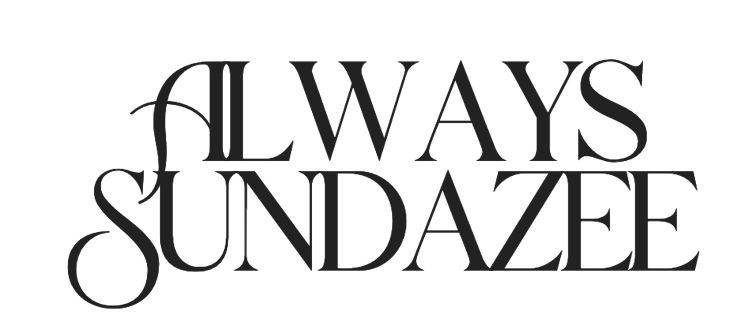Introverted Corporate Black Women Can Never Win.
Although I’ve only been in the corporate world for ten months, I’ve already noticed how introverted Black women are often penalized. If you’re not bubbly or outwardly expressive, you’re quickly labeled as rude, unenthusiastic, or standoffish.
Here are three things I’ve learned as an introverted Black woman navigating the workplace:
It’s intimidating to speak up when you’re the only Black woman in the room.
There’s a unique kind of pressure that comes with being “the only one.” It’s not just about sharing your opinion — it’s about the fear that your words will be scrutinized more closely, misunderstood, or even weaponized. That weight — the pressure to be perfect, to be articulate but not too direct, to be confident but not “intimidating” — is exhausting.Racism can be subtle — and it’s often internalized, even by those who consider themselves progressive.
Microaggressions still happen. Bias still exists. And navigating that reality takes a constant emotional toll. It’s not always loud or overt. Sometimes it looks like someone is consistently talking over you, second-guessing your expertise, or questioning your boundaries. Navigating these moments — deciding when to educate, when to protect your peace — becomes part of the job, whether it’s listed in your role or not.It’s okay to be quiet — and it’s also okay to speak up, pivot, or push back when something doesn’t sit right.
We often talk about “taking up space” as being bold, outspoken, front and center. But space can be claimed in softer ways too. There’s power in being thoughtful. There’s strength in pausing before you speak. And sometimes, your silence says more than a thousand words — especially when it’s intentional. But being quiet doesn’t mean you have to stay quiet. You are allowed to grow, to shift, to advocate for yourself. You don’t owe anyone a version of you that keeps them comfortable. There’s no “right” way to show up — there’s only your way. People assume we’re shy and incapable of getting things done. Truth is, people are intimidated by our silence because they hate that they can’t figure us out.
Let Black women be introverted in the workplace.
Being quiet doesn’t mean we’re low performers or unapproachable — it often means we’re observant, intentional, and deeply thoughtful.
To Black women: Just be yourself. They’re going to call you too loud or too quiet, regardless.
I Hate Pink
When people see me now, they know I love pink. Everything is pink—my nails, my phone case, even the towels in my apartment.
But at 10, I hated pink. Not because I actually hated it, but because it wasn’t cool to like pink. So I said my favorite color was blue instead. (To be fair, blue is still my second favorite—I love a good coastal grandma aesthetic.)
By 17, I had reclaimed pink. Every time I looked in the mirror, I saw the 12-year-old girl who had once swapped her pink princess room for Tiffany blue because, in 2014, Breakfast at Tiffany’s was the pinnacle of cool.
And then, suddenly, I was 20. And I hated pink again—not because I really hated it, but because I had convinced myself I had to. I let myself fade into a world of greys, blacks, and neutrals, believing that was the price of belonging. That was how I proved my commitment to fulfilling a family legacy.
I look back now and realize I thought I was at my happiest. I thought I was at my peak. But all I see is a 20-year-old girl so desperate to impress that she lost herself in the process.
My two-year, neutral-toned world came crashing down one night. I had stripped myself of everything that made me me—and for what? To be seen? To be chosen? When I wasn’t, I felt like a failure.
Or at least, I thought so.
Now, at almost 23, I sit in my pink-alicious one-bedroom apartment in the city I dreamed about at 17. I hear people talking as they pass by my window. I use the creativity I once poured into my pink childhood bedroom to fuel my dream job. I just shipped a PR package to Hailey Bieber.
10-year-old me would ask, “Who is Hailey Bieber?” and wonder why my last name isn’t Bieber. 17-year-old me would be screaming, freaking out, telling me this is so cool—before realizing that for me now, this is just normal. We send cool things to people we love.
What I once saw as failure was really just me needing my pink back. So believe me, your rejection was God’s redirection.
Because I got my pink back.

